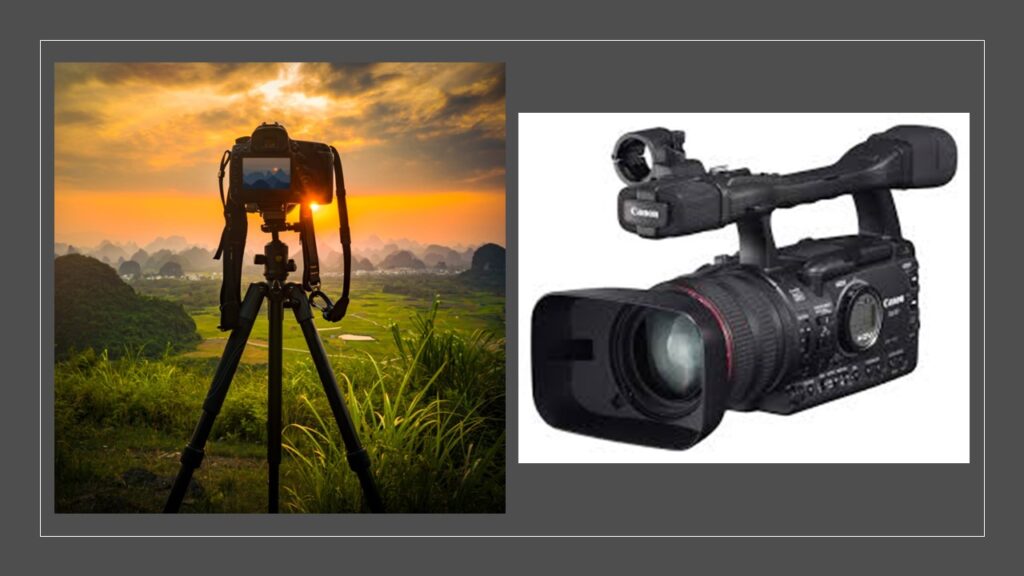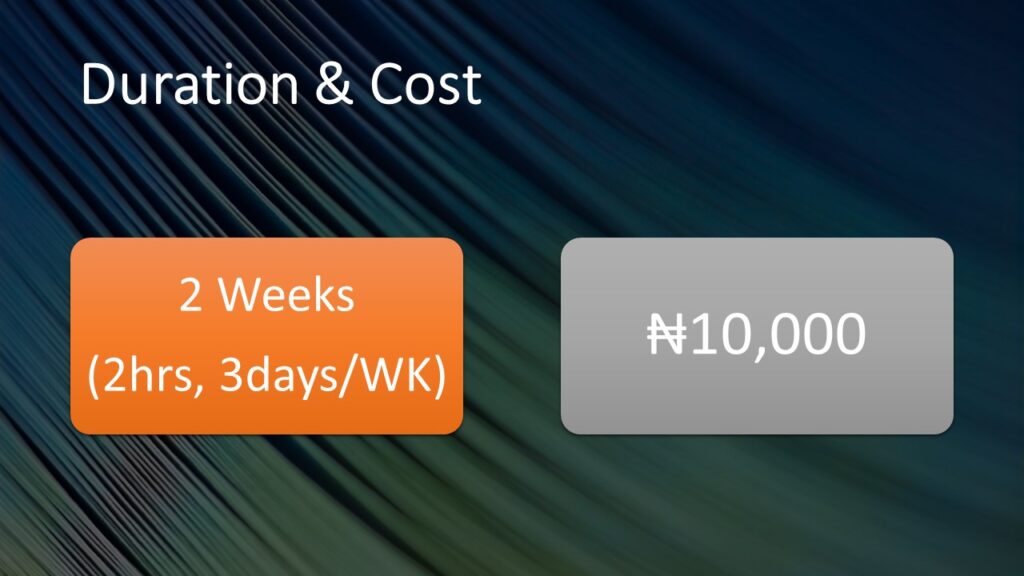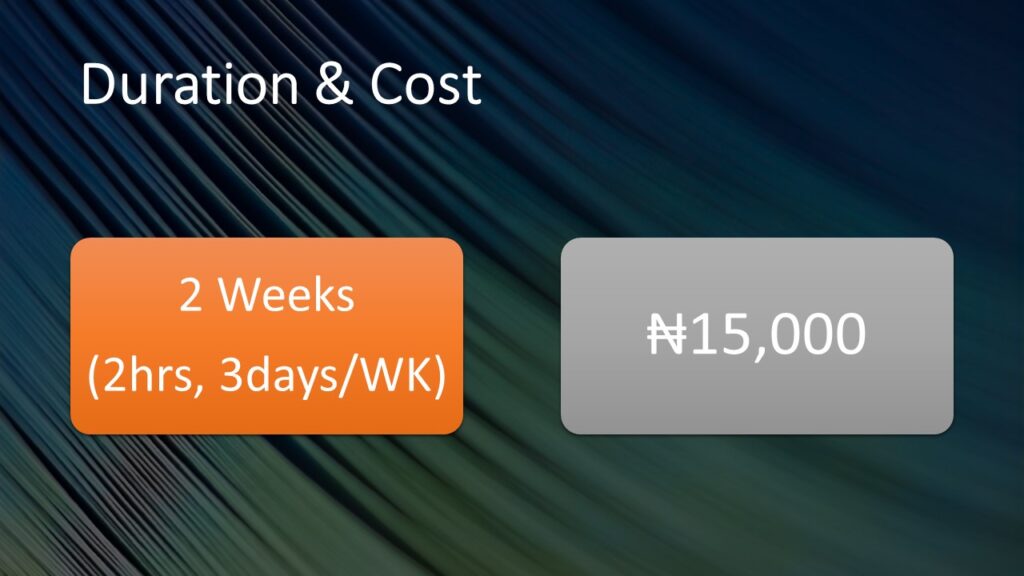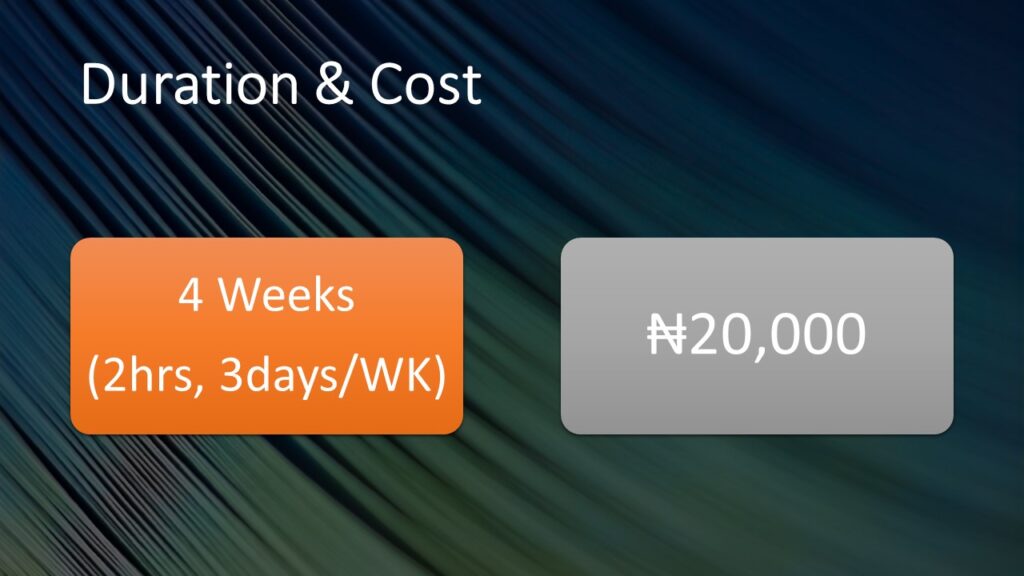
PHOTOGRAPHY
This course is designed to delve into the fundamentals of photography, understanding camera settings, composition techniques, and the art of capturing moments. It will cover both technical aspects such as exposure and lighting, as well as basic pre and post-processing. Through a combination of theory, practical exercises, and hands-on shooting assignments, student should gain valuable knowledge and develop a unique artistic vision. No matter what type of camera he/she may wish to operate, be it a DSLR, mirrorless, Medium Format, Sports/Action Cameras or even a smartphone, this course is tailored to suit the fundamental of any equipment.
Along the way, the course will also unlock the secrets of indoor (studio) and outdoor (open space) photography. By exploring these genres, student should have the opportunity to discover his/her own personal style and niche. It will also discuss post-processing techniques to enhance student images using popular software tools.
Throughout the course, Facilitators should be available to guide students and answer their questions, and provide constructive feedback on their progress. Facilitator should create a supportive and interactive learning environment, where students can exchange ideas and learn from fellow participants.
At the end of this training course, student should have acquired the skills and confidence necessary to pursue photography as a professional career.
Objectives
The objective of this training course is to teach a solid foundation of photography and enhance Students’ potential, to attain their artistic vision.
The specific objectives are:
1. Master the fundamentals of camera operations
2. Master Composition and Posing the model
3. Pre and post-processing skills
4. Instill confidence and inspire aspiring student creativity

Course Contents
1. Introduction to Photography:
– Overview of the history and evolution of photography
– Understanding the role of light and composition in photography
– Introduction to different types of cameras, lenses, and accessories
2. Camera Basics:
– Understanding camera functions and settings (ISO, aperture, shutter speed)
– Exploring different shooting modes (Manual, Aperture Priority, Shutter Priority)
– Mastering focus techniques and autofocus settings
3. Composition and Visual Elements:
– Techniques for achieving balance, symmetry, and leading lines in photographs
– Understanding the rule of thirds and other composition guidelines
– Exploring the use of color, texture, and patterns in photography
4. Lighting Techniques:
– Introduction to natural and artificial lightingMastering exposure techniques in different lighting conditions
– Exploring various lighting setups, including natural light, studio lighting, and off-camera flash
5. Pre and Post-Processing and Editing:
– Introduction to photo editing software (e.g., Adobe Lightroom, Photoshop)
– Basic editing techniques, including exposure adjustments, cropping, and color correction
– Enhancing images with creative editing techniques
6. Group critique sessions for constructive feedback and improvement
VIDEOGRAPHY
This course provides an introduction to the basic concepts and techniques of videography. Students will learn the fundamental skills needed to plan, shoot, and edit professional-looking videos. Through a combination of theoretical instruction and hands-on practice, students will gain a solid foundation in the art of videography
Objectives
The objective of this training course is to teach a solid foundation of Videography and enhance Students’ potential, to attain their artistic vision.
The specific objectives include
1. Master the fundamentals of camera operations
2. Master the art of video Composition
3. Edit professional-looking videos
4. Instill confidence and inspire aspiring student creativity

Course Contents
1. Introduction to Videography
– Overview of videography as an art form and its applications
– Understanding the role of a videographer
– Introduction to video equipment and tools
2. Audio Recording
– Capturing high-quality audio on set
– Types of microphones and their uses
– Recording and monitoring audio effectively
3. Importance of pre-production planning
– Storyboarding techniques for visual storytelling
– Creating shot lists and planning the shoot
4. Shooting Techniques
– Capturing smooth and steady shots
– Using camera movements and stabilization tools
– Techniques for capturing action, interviews, and eventslighting, and off-camera flash
5. Editing Basics
– Overview of video editing software
– Importing and organizing footage
– Basic editing techniques and transitions
6. Final Projects and Review
– Editing and finalizing individual video projects
– Reviewing and giving feedback on classmates’ work
– Final thoughts on videography as a career
PHOTOGRAPHY & VIDEOGRAPHY

Drone Operation
Course Description & Objectives
The Practical Drone Operation for Photography and Videography course at the Usmanu Danfodiyo University, Sokoto Entrepreneurship Centre is a hands-on program designed to equip participants with the essential skills and knowledge needed to operate drones for aerial photography and videography. Drones have revolutionized the fields of photography and videography, enabling stunning aerial shots and captivating visuals. This course provides participants with practical experience in operating drones for creative and commercial purposes.
This course covers the fundamentals of drone operation, including drone technology, flight planning, aerial photography, videography techniques, and post-processing. Participants will learn to pilot drones, capture breathtaking aerial imagery, and produce professional-quality videos. By the end of the course, participants will be capable of using drones for various applications, including real estate photography, event coverage, and more.
Whether you are an aspiring photographer, videographer, or entrepreneur interested in aerial imaging, this practical drone operation course offers valuable skills and knowledge that can be applied in the fast-growing field of aerial photography and videography.
Course Objectives:
By the end of this course, participants will be able to:
- Understand the principles of drone technology and its applications in photography and videography.
- Proficiently operate a drone, including flight planning and navigation.
- Capture high-quality aerial photographs and videos using a drone.
- Comprehend videography techniques specific to drone operation.
- Apply post-processing and editing to enhance aerial imagery.
- Engage in practical activities related to drone operation for photography and videography.
- Develop a portfolio of aerial photography and videography projects.
- Explore commercial opportunities in aerial imaging and media production.
- Build a branding and marketing strategy for potential photography and videography ventures.
Apply drone operation skills to personal, academic, or entrepreneurial projects.

Course Outline
Module 1: Introduction to Drone Technology
- Understanding the significance of drones in photography and videography
- Drone technology, components, and capabilities
- Setting up a drone operation workspace for hands-on activities
Module 2: Drone Operation and Flight Planning
- Operating a drone, including takeoff, landing, and navigation
- Flight planning, safety measures, and regulations
- Practical exercises in drone operation and flight planning
Module 3: Aerial Photography Techniques
- Aerial photography composition and framing
- Camera settings and image capture using a drone
- Practical aerial photography exercises
Module 4: Videography Techniques for Drones
- Videography composition and storytelling
- Drone videography techniques, including motion and framing
- Practical drone videography exercises
Module 5: Post-Processing and Editing
- Post-processing and editing software for aerial imagery
- Enhancing and optimizing aerial photographs and videos
- Practical editing and enhancement of aerial media
Module 6: Commercial Opportunities and Branding
- Exploring commercial applications of drone photography and videography
- Developing a branding and marketing strategy for aerial imaging and media production
- Presentation and critique of branding and marketing plans
Module 7: Portfolio Development
- Building a portfolio of aerial photography and videography projects
- Presentation of completed projects and portfolio
- Assessment and feedback on portfolio development
Assessment:
- Flight planning and drone operation projects
- Aerial photography and videography exercises
- Post-processing and editing of aerial media
- Branding and marketing plan for potential ventures
Portfolio of completed aerial photography and videography projects

